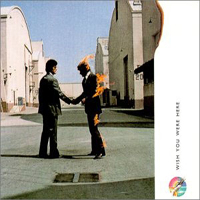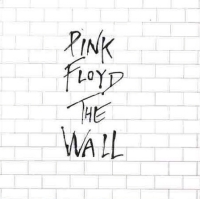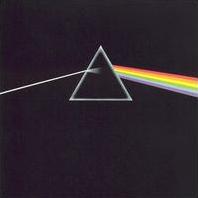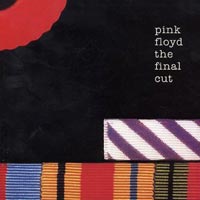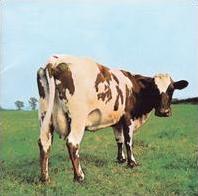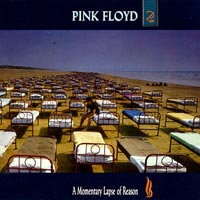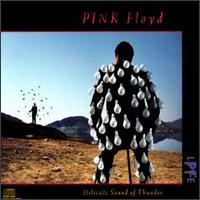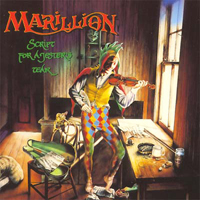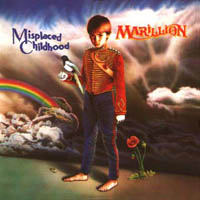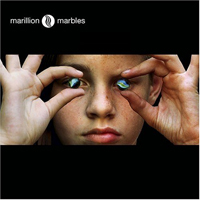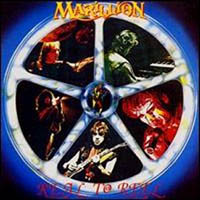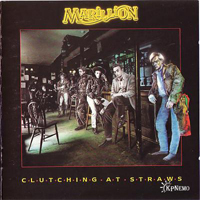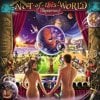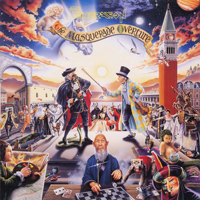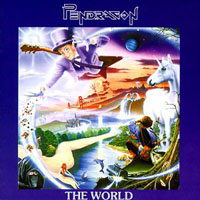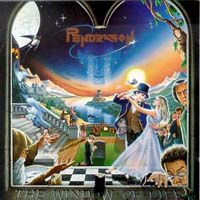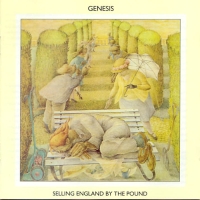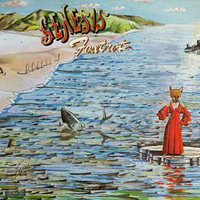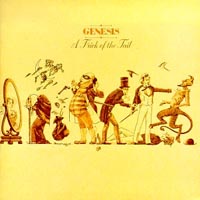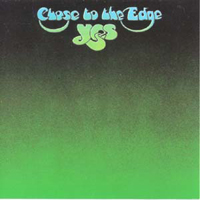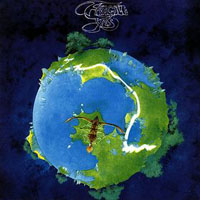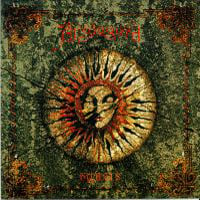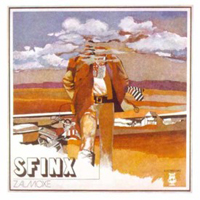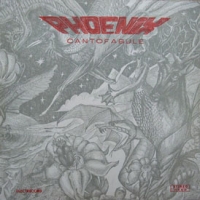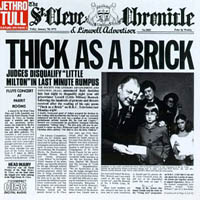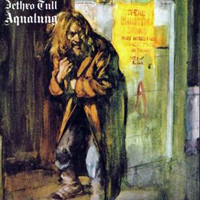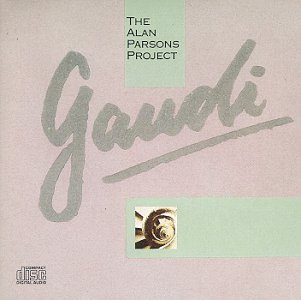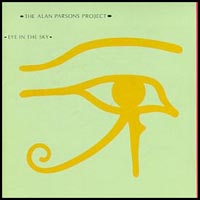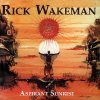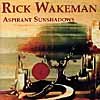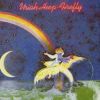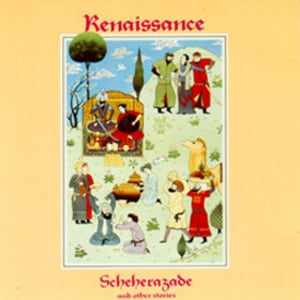Joe Whinney has built Seattle-based Theo Chocolate into the artful business it is today. What began as a childhood love of chocolate turned into a personal mission when Joe began working with Mayan cocoa growers in Belize. The only organic, fair trade, bean-to-bar chocolate maker in the U.S., Theo has brought superior taste and luxury back to what was once revered as the food of the gods. Artisan confections and chocolate bars ranging from classic to fantasy flavor combinations make up the product line at Theo. Joe’s vision goes far beyond mere product to include Theo’s Chocolate University and an unwavering commitment to enriching the lives of everyone from cocoa growers to fellow chocolate lovers.
Find an expanded interview with Joe Whinney in my new book Field Trip:Volume One, available on Amazon here! Or read more about my new book here.
Theo is the only organic, fair trade, bean-to-bar chocolate factory in the U.S., and a great example of taking a more holistic approach to doing business. Can you talk a bit about what the word luxury means to you?
Luxury is something that we enjoy, something that’s rare and not very common, and also something that is, in my opinion, really good for everybody who helps to create it and who enjoys it. It is kind of an interesting juxtaposition when you think about chocolate, because the industry, the products that most people consume and what most of the industry is producing, are really sort of these commodity-type products — you know, brown, cheap and sweet. And they’ve taken what really historically has been this gift from God, these cocoa beans. To the Mayans, it was almost a religious component of their lives. Not only was it money, but it was used in a lot of their religious rituals, the color of the drink was similar to the color of blood, and they felt it was given to them by God. So something that is of that extreme value, to bring it down to what I think overall is a very base level, there’s no luxury in that! Although it could be a very luxurious product.
There’s a certain idea around hedonism, which is that hedonism somehow for some people, they assume there’s something bad about it. It has to be an indulgence that is either not good for you or not good for someone else or that there’s some sort of negative consequence. And I don’t believe that that has to be the case. You can be hedonistic, you can enjoy luxury, without it having a negative impact on someone else.
Take me back to your childhood falling in love with chocolate and pioneering the supply of organic cocoa beans into the U.S. in 1994. When did chocolate go from being this kind of love or indulgence to the basis of your career?
I didn’t exactly know it at the time, but when I was a conservation volunteer for a small conservation foundation in southern Belize — this was in the early ’90s — I had no skills at all. I had a good strong back, I was a healthy kid, so they sent me out into the bush with these cocoa farmers to help them harvest cocoa. You know, I tell this story a lot, because it was really miraculous. I had no idea how cocoa grew or where it grew, and all I knew was Halloween candy that was chocolate! And after spending the first day with these Mayan farmers in the rainforests with incredible sounds and smells and giant buttress trees and snakes, and then tasting the fruit around the cocoa seed — the seed is what chocolate is made out of — I couldn’t believe that this was chocolate! It was such an incredible adventure. And I think at that point it went from, ‘I really enjoy this product chocolate a lot!’ to ‘This is an incredible adventure!’ And I just wanted to go as deep as I possibly could.
You’ve exhibited a good deal of persistence and faith in building Theo into what it is today, from working with cocoa growers in Central America and Africa, to moving from Cambridge to build your business in Seattle, to months of planning and then a year and a half of building your factory in an historic building. Was your vision of what Theo could be pretty close to what you’ve created today?
I would say yes, although I’ve been pleasantly surprised in a lot of ways. The original plans for Theo I started cooking up, you could say, in the late ’90s around ’97 or ’98, and I was already in the cocoa industry and working with chocolate manufacturers and cocoa farmers throughout North and South America, Europe and Africa. And I started to shape a fairly good view of what I thought good chocolate was and should be. I feel like it’s still a struggle for us because, you know, organic food went through a little trajectory where if it’s organic, it must be cardboard. Organic oatmeal cookies in the early ’90s — it was like a fate worse than death! I mean, it was very healthy, but, my god, you would not want to eat it!
And now it’s gone to being a much deeper understanding and a broader tent, so to speak, and I think now organics is a much more positive thing. But the fact that we’re producing organic products buttonholes us, I think, for some consumers. And this kind of goes back to luxury. So where I’ve been most surprised is the consumer response to what I consider to be some of our finest products. The quality is so good that people have been able to sort of leap over this idea of organic and not let that get in the way. And they’re starting to see more quickly than I would have anticipated that fine and beautifully made organic chocolate is as good or better than the best chocolate creations made anywhere around the world.
For those who aren’t familiar with Theo, tell us about your various product lines.
We have confections, which are hand-made ganache, pralines, artful chocolate creations that are done on a very, very small scale and are really at our premium price. On the chocolate bar side, we produce a small line of Origin bars where we name the origin country, and it’s really the most basic dark chocolate that we produce, with a very high cocoa percentage. We have a line of what we call Fantasy Flavor bars, and these are really unique flavor combinations like Curry Coconut Milk Chocolate, Fig, Fennel and Almonds, we do a Bread and Chocolate flavor, which is my personal favorite, and these are really unique and innovative flavors. And then we have what we call the Classic bar line, which are more traditional flavor combinations in chocolate like Cherry and Almond Dark Chocolate, Orange and Dark Chocolate, 45% Milk Chocolate, and these are very accessible for the broadest swath of consumers.
We’ve won awards for our chocolate bars, but the confections have really garnered a lot of attention. They’re highly perishable, so there are only a few places that we actually sell them, and they’re mostly at our factory or on the web.
One thing that makes Theo practically jump out at you is the wonderful branding and packaging. How did this personality and identity come about?
Thank you — that means a lot. You know, when we first started, we had a local artist Zara who did our logo and our initial packaging. And we were very clear about what we wanted, the attributes for the logo specifically. And, I have to say, it’s one of my favorite logos that I’ve ever seen — I just adore it. She was able to really capture what it was we wanted to communicate with the logo, and that’s the heart of our brand. And the packaging for me, it’s almost as though whatever comes around that is happy, because the logo is so strong.
In the rest of the packaging, we’ve done some things really well and some things not so well. One quick example is originally on our Origin bar line, which is what we were launching first, we were so enamored with Zara’s original art that we didn’t even say ‘chocolate’ anywhere on the front of the package! It was just ’84% Cacao Ghana.’ Now, if you’re a chocolate geek like we are, that might mean something to you. But the vast majority of people who encountered it had no idea what the hell this thing was! They’d say, ‘Oh, that’s beautiful!’ but they didn’t know what to do with it. So we definitely learned some lessons early on, and I feel as though we’re continuing to learn them. And there’s a lot of input that goes into our packaging, and I think some of it works well as far as communicating what the product is to people, and I think some of our packaging does not do as good a job of telling consumers what the product is.
Also inherently part of the Theo brand is your commitment to sustainability in various forms, including packaging, sourcing, energy resources, and even fair wages and educational opportunities for the families of the growers. This is an enormously complex and challenging undertaking — how are you managing it all, and does it feel like the learning curve never ends?
Yes, it does feel like the learning curve never ends, in large part because there seems to be every day more innovation and more awareness around what social and environmental issues are. And so we always are interested in trying to be at the leading edge of this, because we do want to have a positive impact. At the heart of it, I didn’t start a chocolate company to make money. I mean, we all need to make money, but that’s not what drove me. What drove me was to create a beautiful product that really had a positive impact on everyone it touched. So it’s really at the heart of our business, and the challenge is that as a small and rapidly growing company, when your resources are really tight, it’s hard to sometimes allocate the resources that are needed to really hit that environmental gold standard. And we’ve been able to do it pretty well, but it can be challenging.
We’re four years old now, and it was very clear to me that if the company wasn’t profitable and wasn’t financially stable and had products people wanted, etc., we couldn’t accomplish our mission. So there really was a strong focus just on the basic business mechanics early on while we were doing what I considered to be baseline work around social environmental sustainability. Now that we’re at the point where our growth and our profitability are all kind of syncing up properly, it’s a little bit easier for us to try to stay at the leading edge of these issues and really provide the kind of leadership that I think we have in some regards, but I’d like to go deeper.
Going back to this whole notion of cocoa as a commodity is that since it is a consumer issue, what we’re trying to do is increase the perceived value of cocoa and chocolate products, because if we can do that and consumers are willing to pay more for something of excellent quality that they love and that is good for everyone in the chain, then we have an opportunity to pay a better price to farmers — and we do a good job with that already — but then that allows them to invest in their future, they can increase their security, and there are all of those benefits.
For everyone who loves chocolate and has felt guilty about it, you’re here to assure us it’s actually good for us, right?
Yes, dark chocolate, 70% or higher. The cocoa bean is very, very complex, and it’s very similar to a lot of seeds. We think of seeds as being good for us, but most seeds are very high in fat. In the case of cocoa beans, cocoa butter actually moves through your body relatively quickly, so the calories from cocoa butter are less impactful than, say, some dairy fat. But the real heart of the health benefits are the antioxidants. The antioxidants of cocoa beans have several different benefits, and one of the most important is they are vasodilators — they open up your blood vessels. It lowers your blood pressure, helps deliver oxygen to your extremities — it’s amazing how circulation can have an impact on your overall health. And it also has the cellular benefits. We think of antioxidants as something that actually sparks or provides cellular health, and certainly those benefits are realized through cocoa.
The things about chocolate that aren’t good for you is really the sucrose or the sugar that’s added to counteract bitterness. Which is why dark chocolate is so important, because the higher the percentage, the less sugar, the more health benefits, the less you’re consuming ingredients that are not as good for you. And we don’t use any soy lecithin in our products.
You go beyond business as usual to educate the public through regular tours of your operation and through your Chocolate University. Can you tell me more about this effort?
At the heart of sustainability is that it has to be consumer-driven. So a big part of our mission is to provide information and education that allows consumers to be informed about what’s going on. And we do this across the board within our product format. So, of course, we educate about where cocoa comes from, and the farmers and the countries where cocoa is grown, but we also talk a lot about how chocolate is made. We talk a lot about what makes good chocolate so fabulous, we teach people how to make chocolate, how to work with it in their own kitchens. We also do a lot on the science behind chocolate and just how you can have fun with it and do taste pairings. And it’s really the entire universe of chocolate we want people to understand, because the more they appreciate it and the higher they perceive the value of it, the greater chance we as an industry have to have a positive social and environmental benefit. So we perceive this to be a consumer issue, and we want to educate consumers so they can make better choices.
You mentioned the pairings — tell me about the wine and beer pairings on your site.
So you would buy our pairing kit, and it will come with the chocolate bars that we think pair well with certain types of beer or wine, as well as a placemat and tasting notes and suggestions. The idea is that if you wanted to have a small party and do a beer pairing, you’ll have everything you need to do that except for the beer, but we make suggestions of what kind of beer you could pair with. It’s interesting, because the wine industry has done such a gorgeous job of promoting uses of their products, we think of it from a culinary standpoint as kind of the most culinary alcoholic beverage. And the truth is that anything that has flavor really is culinary. It’s the contrast of flavors that has the most value and the most interest. So part of the reason we do beer pairings is just so that we can expand our idea about food and flavor combinations.
I’m a huge fan of Jane Goodall. Tell me about your ‘Good For All’ chocolate bars and your relationship with Jane’s organization.
It’s primarily that we raise money for her effort, which is global, through the sale of those chocolate bars. However, where there are practical tie-ins, we pursue them. So one example right now is Tanzania. Jane started her work in Tanzania, they have an environmental office there, and they introduced me to a group of cocoa farmers in the western region with a fairly large number of farmers who were interested in fair trade and organic production. We definitely saw we could have a positive environmental impact, and they don’t have a ready market. They actually do sell to some of our competitors, but the price the farmer is getting is horrible. They’re earning less than $400 a year for their entire family, and it’s certified organic. So this is a very complicated story, but the bottom line is that we now have funding under an international NGO to not only improve their quality so they can get a better price but also create market linkages with Theo and other buyers who are willing to be transparent and pay a better price. So that’s one example of how our relationship with Jane Goodall is having a practical impact on people on the planet, but most if it is us funding her work, which we’re huge fans of.
What’s next for Theo and your chocolate revolution?
Well, you know, it’s interesting. We do have some new product formats coming out, but one of the things that we’re very interested in is we’ve been able to create some very delicious products in the lab only that are focused on the high health benefits of chocolate. And so it’s kind of a tricky thing, because we’re very interested in bringing these kinds of products to the market, and we have some very, very unique technology. At the same time, we want to make sure it’s consistent and meets our overall mission. So we’re kind of working through some of the product formats and presentations and production challenges, and all that good stuff. But I think what you’ll be seeing from us is some product format sizes that really drive trial, so smaller package sizes, smaller portion sizes. And then I think after that you might see some really interesting products that strive to not only to give pleasure but even provide greater health benefits than just straight dark chocolate. We’ll see!
Besides chocolate, what are some of your favorite things in life?
Oh, gosh, I love love! I do a lot of sailing — sailing’s really important to me, and that’s one of the reasons Seattle is really fantastic. So being outdoors and in the wilderness and certainly out on the water is really important. And one of the things that has really become an increasingly important issue for me is education. I have a young son who is the center of my universe, and as he grows, I’m seeing how education really can have a huge impact on people’s lives and their trajectory. So I’ve been taking a much more serious interest in education than I ever thought. I didn’t graduate from high school and didn’t go to college because school was not my bag, so it’s ironic for me now that I’ve taken such a strong interest.
And then outside of that, good food, and because of my love for food and my place in the food industry, I’ve really taken a personal interest in hunger in our communities. You’ll be seeing some stuff from Theo in the coming months around this, but in this economy, the amount of people who are hungry and who have to make choices between paying rent and buying food or buying prescription medicines, or whatever it is that is going on in their lives, it’s just astounding. So those are the kind of things that are occupying my head space right now.
For information about the full product line, seasonal items, or factory tours, visit Theo Chocolate here. (Sursa)
Share the love, post a comment!


















